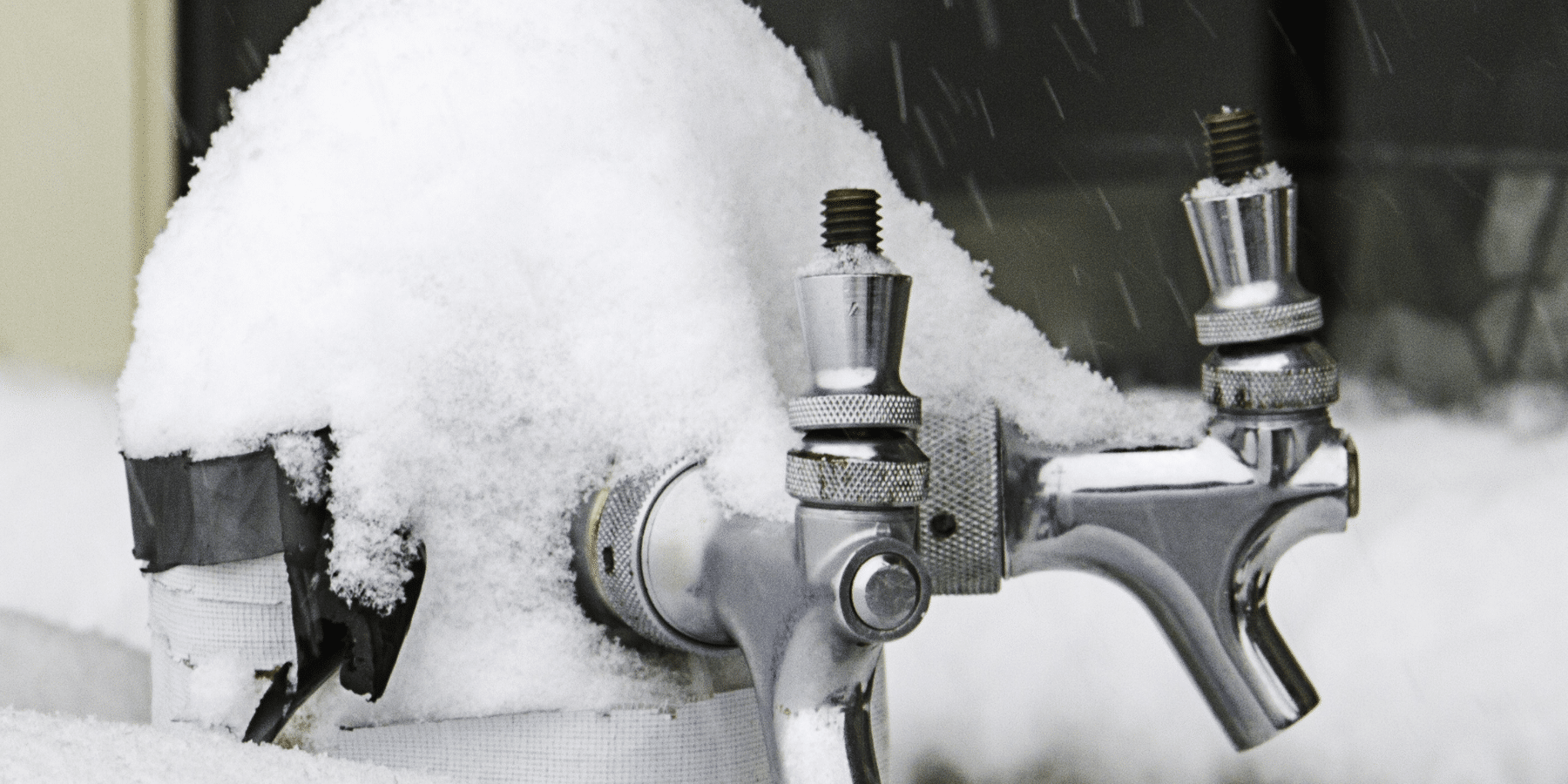
How to Prevent Frozen Pipes This Winter
Published: December 7, 2020 / Last Updated: April 30, 2025
Winter is almost here, and homeowners are rushing to prepare for the cold winter weather. One aspect of winter preparation that is sometimes overlooked is making sure your home’s plumbing is protected from freezing.
Magnolia Plumbing, Heating & Cooling has established itself as a one-stop-shop for expert plumbing services in Washington, DC, and the surrounding region. Our technicians are committed to providing customers with comfort, well-being, and increased quality of life. With our extensive experience in the home services sector, Magnolia offers quality repairs and installation at affordable prices.
A frozen pipe can lead to extensive water damage and costly repairs. It is better to make an effort to prevent freezing before the winter starts rather than to thaw frozen pipes during the coldest season. Here are some basic steps you can take to better prepare your home’s plumbing for the winter months:
Insulate Your Pipes
One of the easiest ways to prevent freezing pipes is to insulate them. Many manufacturers now offer insulation explicitly designed for pipes. It can be used to wrap piping to avoid direct exposure to freezing temperatures. Pipe insulation is inexpensive and can even be installed by a homeowner — although professional installation is always recommended! A small amount of effort and money spent insulating your plumbing can prevent large, expensive problems during the winter.
Leave Your Faucet Running
A no-cost solution to frozen pipes is leaving a faucet to run during cold weather. The faucet only has to be turned on enough to allow a small drip. As water moves, it creates friction and, thus, increases the water’s internal temperature. This reduces the possibility of freezing in pipes that are exposed to cold temperatures. Leaving a faucet on also reduces pressure within pipes. When left unchecked in freezing temperatures, the pressure created can cause your pipes to burst.
Seal Cracks and Opening in Your Home
Before winter hits, carefully inspect the exterior of your home and address any cracks or openings. You can use an all-weather caulk to seal cracks and stop the flow of cold air into the house. This will offer additional protection against the possibility of frozen pipes.
Leave Your Heat On While Away
Like many families, you might visit relatives during the holidays. Although it may seem illogical to do so, leaving the heat on while you are away for extended periods of time will protect your plumbing from unexpected drops in temperature.
Use Heating Tape for Added Protection
When pipes can be easily accessed, it may be wise to add electrical heating tape to plumbing. As the name suggests, heating tape will heat pipes when temperatures fall below a certain threshold. It can be applied directly to piping and is best used in circumstances when pipes are located near outside areas or in unheated portions of the house. As with all heating systems, caution should be exercised when using electrical heating tape.
With some basic preparation, any homeowner can protect their plumbing systems from freezing temperatures. The cost and resources needed to prevent frozen pipes pale in comparison to the expense and work needed to fix burst pipes due to freezing.
Here are some tips to keep in mind if you suspect you have frozen pipes.
Magnolia Plumbing, Heating & Cooling is a premier provider of residential plumbing services in Washington, DC, and the surrounding areas. For over 50 years, Magnolia Plumbing, Heating & Cooling has led the home services industry in superior customer service and unsurpassed workmanship. For more information about our services, contact us today.
Share This Article:
Request An Estimate
Contact us for a free estimate. It's just one form or phone call away!
Join Our Newsletter
Submit your email to receive promotions.
